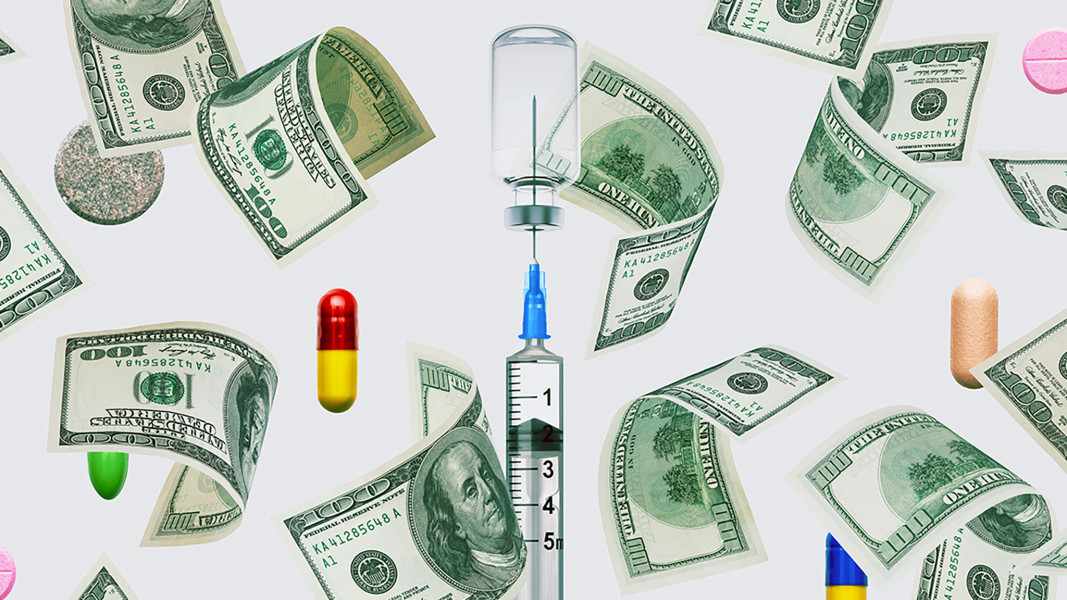Expensive Drugs Comes with Problems for Those That Seek Coronavirus Treatment

Although we’ve come this far in terms of society, health still isn’t an option for everyone. And the US is one of the most biased countries of all. If a treatment is expensive anywhere in this world, you can expect it to be three times more expensive in the US. And it looks like not even a pandemic can stop the need of pharmaceutical companies to try and make a profit.
According to TheGuardian, a study reveals that there are drugs that cost $5 to make and it is sold for $18,610 in the US. It’s the case with a drug that treats hepatitis C, called sofosbuvir. And it isn’t the only outrageous abuse of the kind.
“There has been a long history of big pharmaceutical companies charging unnecessary and unwarranted high prices for medications, even if they actually spent very little on research and development for that medication,” said Dr. Jacob Levi, one of the study’s authors.
Pirfenidone is another case. Used to treat lung fibrosis, the drug costs only $31 for a 28-day treatment course. But patients can buy it for $9,606, or if they are lucky enough to access it through the Department of Veterans Affairs, they will pay “only” $6,513. HIV patients went through similar abuse. But what will happen if the poor population can’t afford the treatment? how can a viral disease that created a pandemic be stopped if only a fraction of the population has access to the cure?
It almost happened. Remdesivir is currently considered to be a cure for COVID-19. The research to create the drug received $79m in US government funding. That’s taxpayers’ money. Initially, the drug was created to treat Ebola, but another drug made it to the finish line. When remdesivir proved to be working against COVID-19, Gilead Sciences (the pharma company that produces it) declared it won’t provide emergency access to it. People should pay for it.
The criticism made the company review its attitude and change it. It looks like they will donate the stockpile to the government. Still, the possibility of biased medical service isn’t off the table, the study says.
0 comments